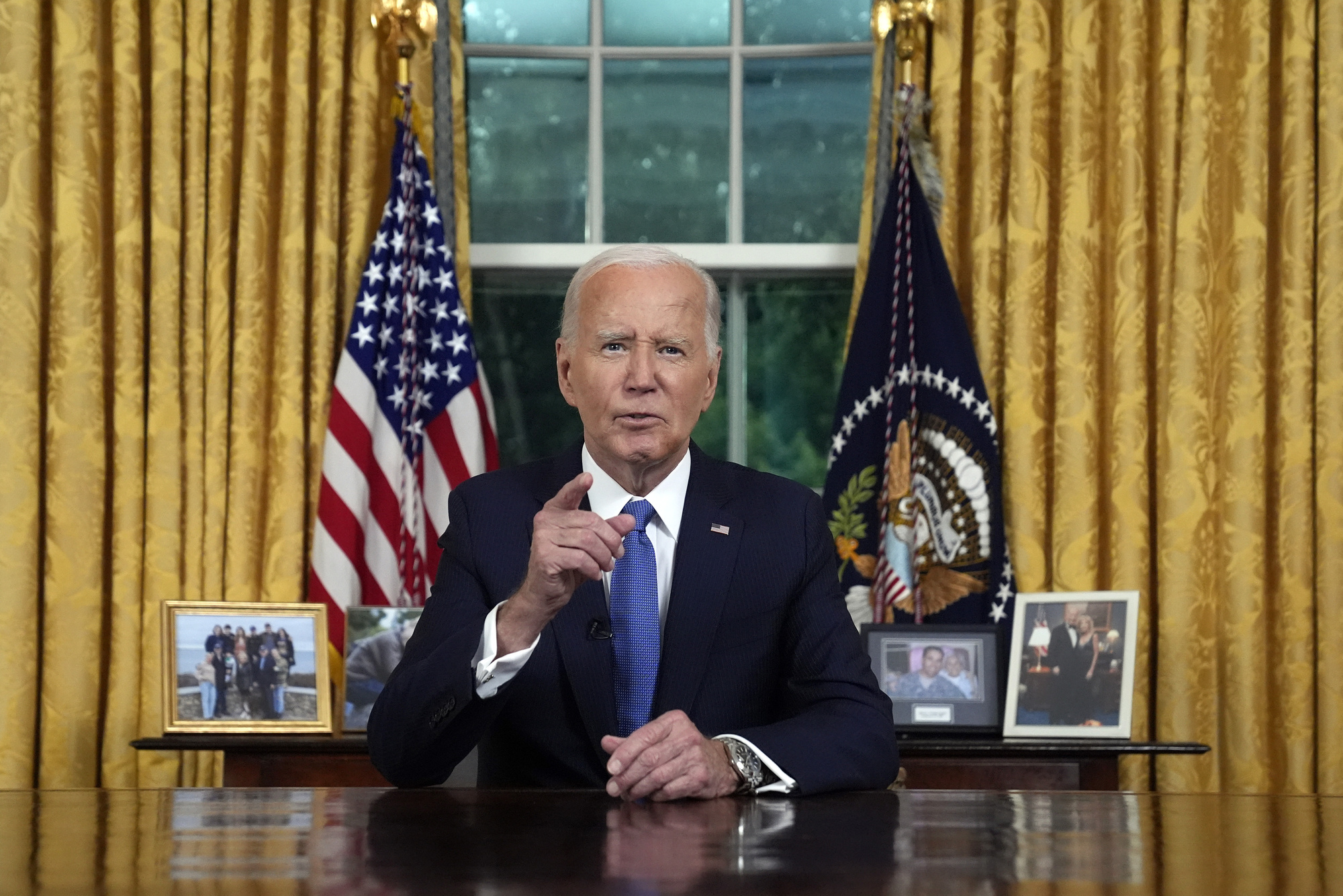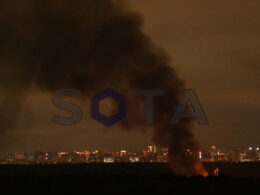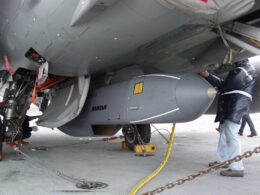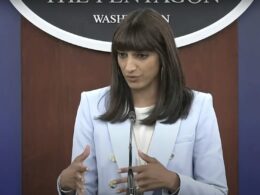President Joe Biden announced that the United States is prepared to engage in negotiations with Russia, China, and North Korea to reduce nuclear threats. He said this during his congratulatory remarks to this year's Nobel Peace Prize winners, Nihon Hidankyo, a group of Japanese Hiroshima and Nagasaki atomic bomb survivors who advocate for nuclear disarmament.
Russia has escalated its nuclear rhetoric after it began the full-scale invasion of Ukraine. Russia's frequent nuclear threats, including updates to its nuclear doctrine, aim to deter Western military aid to Ukraine, particularly long-range weapons for deep strikes inside Russia. This rhetoric has caused concern and influenced Western countries' approach to supporting Ukraine, leading to a cautious balance between deterrence and support.
“The United States stands ready to engage in talks with Russia, China, and North Korea without preconditions to reduce the nuclear threat. There is no benefit to our nations or the world to forestall progress on reducing nuclear arsenals,” Biden said.
He argued that addressing nuclear risks is crucial, especially given the current geopolitical climate.
The move comes amid ongoing discussions within NATO about potentially increasing nuclear weapon deployment in response to perceived threats from Russia and China.
Experts view Russian nuclear threats as empty rhetoric
Meanwhile, Russia has recently proposed updates to its conditions for nuclear weapon use. These include scenarios of “aggression against Russia by a non-nuclear state with support or participation from a nuclear state,” and upon “the receipt of reliable information about the massive launch of air and space weapons” against Russia, with these weapons crossing Russian borders.
The Institute for the Study of War (ISW) believes these threats are designed to deter Western countries from providing Ukraine with long-range weapons, especially at key moments in military aid discussions.
While Russia claims the adjustments are due to Western "escalation," many experts view this as part of its ongoing nuclear saber-rattling. Despite frequent nuclear threats, analysts suggest that the likelihood of actual nuclear use remains low, as past threats have largely been empty rhetoric.
NATO Secretary General Jens Stoltenberg stated that Russia's nuclear threats should not deter military aid to Ukraine. Despite Putin's changes to Russia's nuclear doctrine, Stoltenberg emphasized the importance of continuing to support Ukraine, noting that NATO has not observed any shifts requiring alterations to its stance.
The winner of the 2024 Nobel Peace Prize was the Nihon Hidankyo Association - the Japanese Council of Organizations of Victims of the Atomic Bombings of Hiroshima and Nagasaki, which fights for nuclear disarmament.
Biden praised their efforts in highlighting the devastating impact of nuclear weapons, stating that their story is one "humanity needs to hear."
Related:
- Stoltenberg says Russia’s nuclear threats should not deter military aid to Ukraine
- Zelenskyy on Putin’s nuclear threats: “No one knows what’s in his head”
- ISW: Putin’s nuclear threats aim to influence Western support for Ukraine
- US, UK spy chiefs praise Ukraine’s Kursk incursion, say West shouldn’t fear Russia’s nuclear threats
- Putin’s nuclear threats proven hollow as Ukraine invades Russia, expert says





